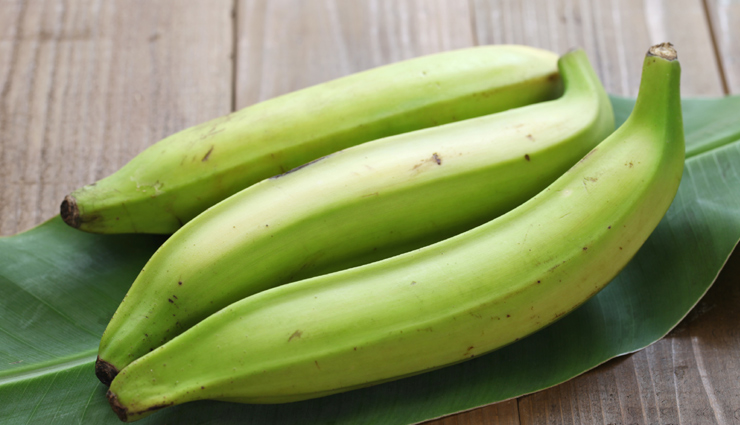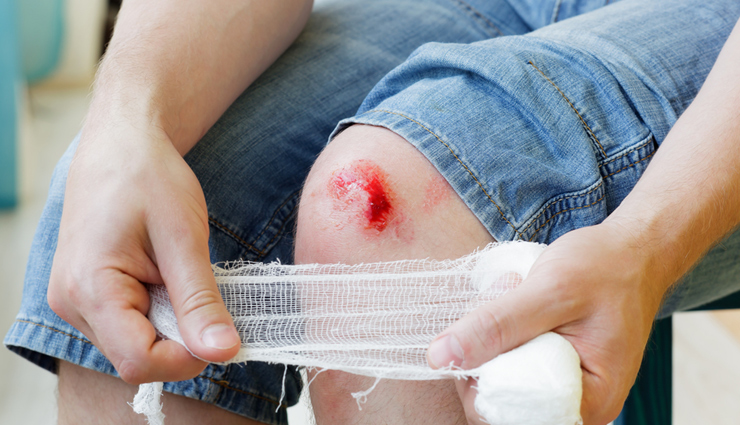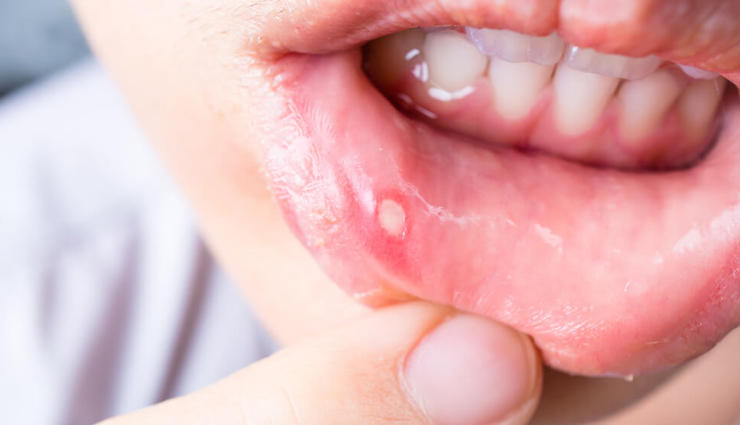- Home›
- Healthy Living›
- 6 Benefits Of Plantain On Your Health
6 Benefits Of Plantain On Your Health
By: Neha Sun, 22 Jan 2023 10:16:17

Plantain is a medicinal herb with a long history. In fact, the Saxons included it in their list of nine sacred herbs way back in the 10th century. There are over 200 species of plantain. Some common ones are: Plantago major, which is also known as common plantain, broad leaf plantain, devil’s shoestring, or white man’s foot; Plantago lanceolata L., which is also known as narrow leaf plantain, English plantain, buckhorn, or ribwort; and Plantago media L., which is also known as hoary plantain.
Plantains contain mucilage, tannins, and iridoid glycosides, all of which are believed to give it antimicrobial, anti-inflammatory, and expectorant properties. Apart from having medicinal benefits, the leaves are nutritious too. They contain iron, calcium, potassium, and vitamins A, K, C, and B. Add a few young tender leaves to a fresh salad or cook them like you would a leafy green to benefit from this nourishing plant.

# Cold And Cough
Plantain has been traditionally used to treat coughs and colds for centuries. Experimental research also confirms that it has immunostimulatory, spasmolytic, and anti-inflammatory actions that can be beneficial when dealing with an infection in the upper respiratory airways.
How to use
You can make a plantain cough syrup by simmering 2 ounces of fresh leaves in 2 cups of water for around 10 minutes. Keep the pan covered. Strain and add 3 cups of brown sugar to the liquid. Bring to a boil and as soon as the sugar dissolves, turn off the heat. Allow it to cool. This cough syrup can be stored for up to 6 months. Take 1–2 teaspoons of the syrup when required. Instead of brown sugar, you can use honey to sweeten the syrup. Honey, however, does not need to be heated.

# Bronchitis
Plantain can be a helpful natural remedy if you have bronchitis. This is a condition where an infection in your bronchi causes irritation and inflammation. It is characterized by coughing and the production of mucus. Plantain contains complex polysaccharides that can soothe irritation and help with coughs. Studies have also found it to be useful for people with chronic bronchitis. However, do keep in mind that demulcents can stimulate the production of mucus; therefore, some people prefer to use it only for dry coughs.
How to use
Steep around 1/4th to 1/2 a teaspoon of the herb in a cup of hot water for around 10 to 15 minutes to make plantain tea. Around 3 cups of this healing tea a day should give you relief.

# Skin Irritations
Plantain leaves have been used over the ages to deal with inflammation and irritation of the skin. Plantain contains a compound known as allantoin that promotes the growth of healthy tissue and has soothing, anti-irritating, and healing properties. In fact, allantoin is an ingredient in many commercial cosmetic products such sunscreens, anti-acne ointments, clarifying lotions, as well as oral hygiene and pharmaceutical products. So whether you’re dealing with eczema, acne, or a sunburn, this herb can help you.
How to use
Crush fresh leaves and apply it to irritated skin.

# Wounds
Plantain has been used for ages to treat wounds and even finds mention in Shakespeare’s Romeo And Juliet for its wound-healing properties! It contains long -chained saturated primary alcohols which help heal minor wounds. And then there’s allantoin. You can also use this herb for minor cuts, sores, as well as bee, wasp, and insect stings.
How to use
Traditionally, plantain leaves are mixed with antibacterial honey and applied on wounds to promote healing. You can also apply fresh leaves directly on minor injuries.

# Ulcer
Plantago major has been historically used for the treatment of ulcers too. An animal study that looked at traditional medicinal plants used in Turkey found that plantain does indeed have anti-ulcerogenic properties. The anti-inflammatory effects of plantain are believed to make it useful for people with ulcers.
How to use
According to traditional methods, the dried leaves are powdered and eaten with a little honey on an empty stomach to help with ulcers.

# Constipation
The seeds of Plantago ovata and Plantago psyllium L. are especially effective in treating chronic constipation. The seeds of Plantago major are often used for this purpose. Called black psyllium, these seeds are also used for softening stools after surgery on the rectum, during pregnancy, or by individuals with hemorrhoids and anal fissures. Black psyllium is also effective in treating irritable bowel syndrome (IBS), dysentery, and diarrhea. The ripe seeds are dried before being used medicinally. Psyllium seeds contain mucilage, and when they come in contact with water, they expand and increase the bulk of stool making it easier for it to pass.
How to use
Mix 10 g of black psyllium seeds in about 100 ml of water. After having this, drink at least 200 ml of water. Without sufficient water, these seeds can choke you when they swell up and block your throat, or cause an obstruction in your bowels.





